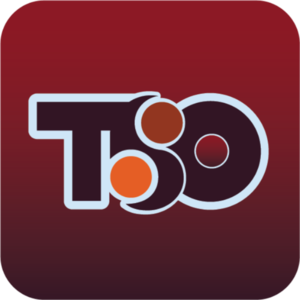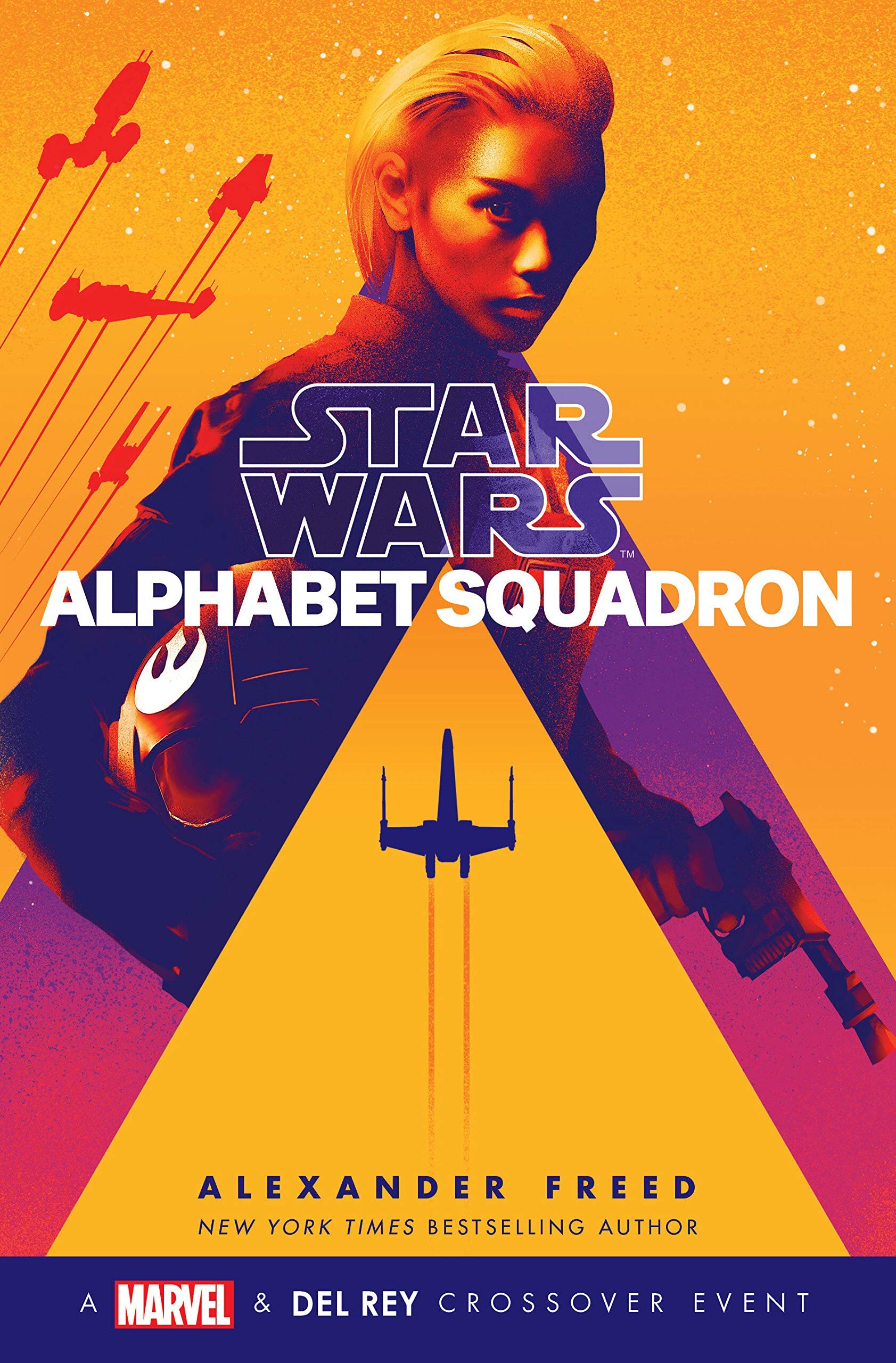By: Christian Corah
Descriptives
Page count: Paperback, 470
Author: Timothy Zahn
Intended audience: Adult
Timeline: Between 13 and 11 BBY
Main characters: Thrawn, Ahrinda Pryce, and Eli Vanto
Brief synopsis: After mysteriously being picked up by the Empire, Thrawn starts to apply his military genius to the Empire and rapidly rises in rank.
Gut Feeling
I think I understand the hype behind Thrawn’s character and this trilogy. I have already started the second book of this series, am currently reading the new Thrawn novel, and have started rewatching Rebels just to get some more of Thrawn. I am very glad they decided to make his character Canon again as I’m sure that Legends Thrawn was pretty awesome too. That being said, I enjoyed this book more than I expected. Especially because all of the main characters of the book were fairly new (aside from Rebels), this makes it more difficult for me to buy into it. Because of that, it took a little while for the book to get going, but once it did, I was definitely hooked! I don’t have too many specifics to say that won’t be covered in the rest of the review, so I’ll just say that I loved this book and am excited to continue the series!
Characters (10/10 pts)
As I mentioned, the main characters in Thrawn were almost all new. Even though they had some appearances in Rebels, Ahrinda Pryce and Eli Vanto are not mainstream characters. Also, Thrawn is fairly new to Canon as well. Because of that, Zahn had his work cut out for him to develop these characters and cause the readers to like them. For the most part, the book follows two different storylines. One was of Thrawn and Eli Vanto and the other followed Ahrinda Pryce. From my experience in Star Wars novels, when there are two storylines like this, usually one is more interesting and well developed than the other. And usually, the storyline that the reader becomes less invested in is the one without the main character. So, I expected the story of Ahrinda Pryce to be rather boring. Boy was I wrong. All three of these characters were great. Their stories were compelling and relatable. When I was reading about Thrawn and Eli, I found myself wondering what Ahrinda was up to- and vice versa. Thrawn didn’t even overshadow Eli’s character. Eli shone almost as proudly as Thrawn. I say almost because Thrawn was the most developed character in this story, as he should be. I learned a lot about how he thinks, his motivations, and his behavior while also wanting to learn more. Good thing there are more books! Thrawn gets a perfect score for the characters.
Writing Style (9/10 pts)
Another Star Wars novel and we have yet another New York Times Bestselling Author. This book was pretty long and was dense with many details. Usually, when that happens, the book is difficult to read, but this was not the case with Zahn’s writing. The details included were both interesting and vital to the story. It also never really felt like too much. So despite it being dense, I still found it rather easy to read. The book was also dialogue-driven at points. While this was effective at expressing the character’s thoughts, the dialogue did feel a little awkward at points. While I understand that Thrawn’s character does speak differently, this wasn’t exclusive to his character. This is the only reason I am not giving full points for the writing style. It is left with a still great score of 9 points.
Plot (9.5/10 pts)
The plot was very strong. Perhaps more importantly, it really felt like the first book in a series. While alone it was a very exciting story, it set the stage for what I hope are excellent second and third books. The only downside I have for the plot is that it did start pretty slow. Zahn did a lot of work developing these characters from the ground up. However, it paid off well. There were balanced amounts of peaks and valleys and the peaks felt a little bit higher each time they came around. This appropriately raised the excitement until it reached an exciting and climactic finish. The book also successfully reached a satisfying closure for each character, which is no easy task. However, along with giving closure, it also opened up the story for new beginnings for each character- again making the reader excited for the next books. Overall, the plot was near perfect. I am giving 9.5 points.
Intrigue (9.5/10 pts)
Once I got past the character development stage of the novel, it became very intriguing. Even though it was dense, I found myself lost in the details. They were thought-provoking and I loved it. As the characters were thinking through different problems, it caused me to do the same. This really put the reader inside of the novel and made it so compelling. It was a book that I didn’t want to come to an end. That isn’t always the case for books that I read, especially books this long. But Zahn accomplished it anyway. 9.5 points for Intrigue.
What does it add? (6.5/10 pts)
Here we arrive at perhaps the weakest point of the novel. When considering what Thrawn added to the Star Wars universe, I’m pretty limited to thinking Thrawn and his species, the Chiss. While Thrawn alone is an awesome addition to the Star Wars universe, he was already a character in Rebels. So instead of introducing an awesome new character, Thrawn simply provided considerable character development for that character. So I can’t award the book strong points just for Thrawn. The Chiss, however, can be considered as an addition to Star Wars lore. While there were some details about the species, I expect to hear more in book two and especially in Thrawn Chaos Rising. The score won’t be great for this section, but that shouldn’t take away from the excellence of the novel. So, just for this book, I am only giving 6.5 points for what it adds.
Logic (0 pts)
Thrawn neither took away nor added logic to the Star Wars universe. So I am neither taking away nor adding extra points.
Final Thoughts
So, my final score for Thrawn is an 8.9/10, or a B plus. This is a pretty strong score for books that I have scored and especially high for the first book in a series. I have only given four books As, and this book almost joins that elite copany.Don’t be surprised if you like the book even more than the score suggests. It is a novel of top tier quality, as expressed by the score for the first four sections. Thrawn is a really awesome character in Star Wars and a compelling antihero. If you have any interest in the time period of the Empire, you should pick up this book and take it for a ride. You won’t regret it.
I hope you enjoyed this book review and if there is a book that you want me to read or review, please let me know at christiancorah@gmail.com. As for now, I will only be doing Canon books (but in the future that might change).










